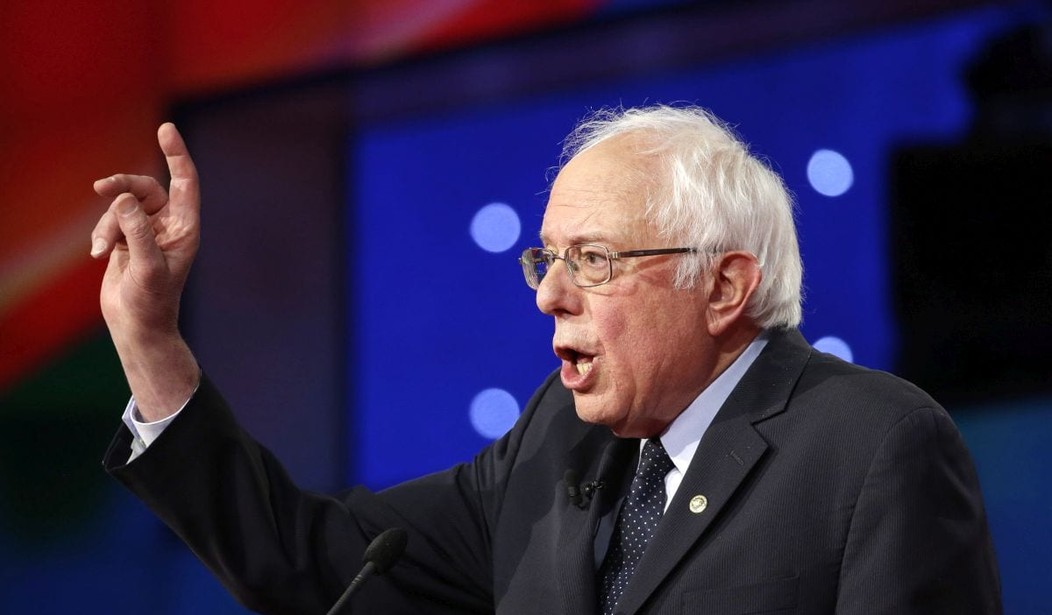The Democratic National Committee voted to strip superdelegates of influence and power as the party looks to heal divisions that boiled over during the 2016 campaign. Superdelegates are made up of the 400 DNC members and all elected Democrats at the national level and were allowed to support the candidate of their choice regardless of how their state’s caucus or primary was decided.
Bernie Sanders’ supporters complained that the superdelegate system was rigged to ensure that an establishment candidate came out on top. The reforms passed by the DNC would bar superdelegates from voting on the first ballot.
The plan, supported by DNC Chairman Tom Perez and allies of Sen. Bernie Sanders (I-Vt.), strips superdelegates of the ability to vote on the first ballot at a presidential nominating convention ― unless a candidate already has such a large delegate advantage from caucus and primary wins that he or she would win the nomination without superdelegate support.
“We made these changes because it’s never too late to do the right thing,” said California DNC member Michael Kapp, who supported Hillary Clinton in the 2016 presidential primary. “By restoring trust to our presidential primary process, we are reinforcing the fact that Democrats are the party of the people.”
Shortly before the final vote, Don Fowler, a former DNC chairman and leading opponent of the reforms, recognized that his side was certain to lose. Seeking to save people’s time, Fowler motioned to suspend the rules and have the DNC membership approve the reform package by an informal vote of acclamation.
In the end, the DNC overwhelmingly passed the reform package by a voice vote of acclamation.
The superdelegate system was created to give national Democrats the final say in who wins the presidential nomination. It was designed to prevent a radical like Sanders from leading the ticket — a prospect many establishment Democrats believed would have led to a Democratic wipeout on Election Day.
The system was also created to prevent activists like this from taking over the party:
“It is really kind of bizarre to be on the same side as Perez on these issues and I’m glad we are,” said Selina Vickers, a West Virginia social worker and progressive activist who participated in a Friday morning press conference in support of the reforms.
Vickers, a Sanders backer who attended every DNC meeting since the 2016 election, did not eat food for a week leading up to the final reform vote.
“It’s a physical manifestation of my hunger for democracy,” she said.
If Sanders wins, she may be the next DNC chairman.
What’s interesting is that the Sanders/Warren wing of the party is now pretty much the establishment mainstream. The party platform that emerges from the convention in 2020 will be indistinguishable from the agenda of European socialists. Radical activists have already taken control at the local level in many places, which will inevitably lead to “litmus tests” for candidates that include Medicare for all and free college tuition. Will a national Democratic candidate be able to win without espousing those two issues?
Ditching the superdelegate system may be good for party unity but it may lead to the nomination of someone who couldn’t possibly win the general election in 2020.










Join the conversation as a VIP Member